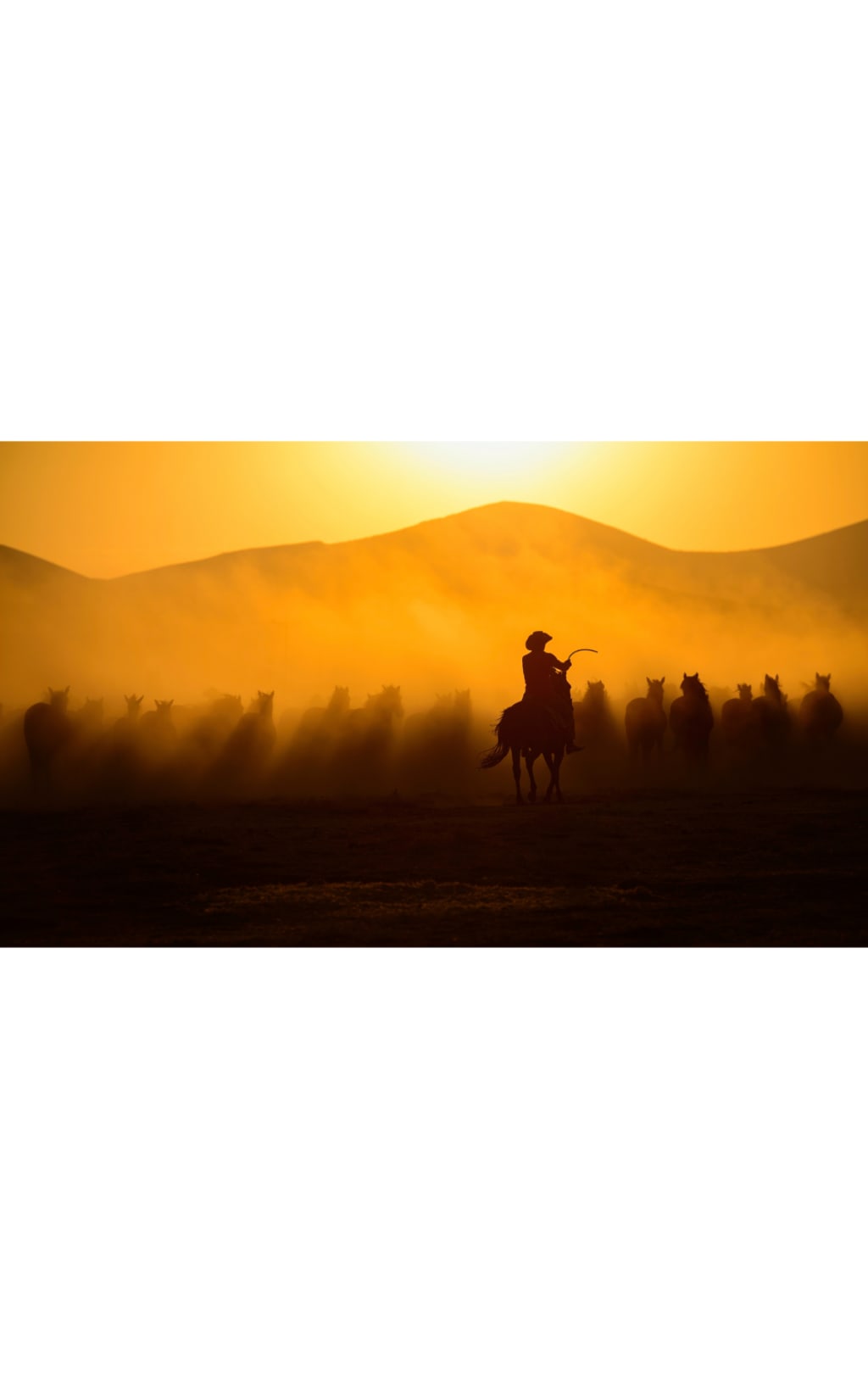Sultan Saladin: A Brave Leader
Bravery, Leadership, and Honor in the Crusades

Sultan Saladin, also known as Salah ad-Din Yusuf ibn Ayyub. Saladin was a renowned Muslim military leader who became the first Sultan of Egypt and Syria, and he played a significant role in the Crusades during the 12th century. Born in 1137 in Tikrit, Iraq, Saladin grew up in a region engulfed in political turmoil. His Kurdish ancestry shaped his upbringing and instilled in him a deep sense of honor, loyalty, and Islamic values. Little did anyone know that this young man would rise to become a legendary warrior and a symbol of resistance against the Crusaders.
During the Crusades, which lasted from the 11th to the 13th centuries, European Christians embarked on a series of military campaigns with the goal of capturing the Holy Land from Muslim control. In this historical backdrop, Saladin emerged as a formidable figure and a symbol of Muslim resistance.
Saladin's rise to power began in 1171 when he became the vizier (chief minister) of the Fatimid Caliphate in Egypt. Recognizing the disunity among the Muslim territories, Saladin sought to unite the Muslim forces and counter the Crusader states. He embarked on a series of military campaigns to reclaim Muslim territories, most notably the city of Jerusalem.
In 1183, Saladin laid siege to the fortress of Kerak, a stronghold controlled by the Crusaders. The siege lasted for over a year, during which Saladin endured numerous challenges, including harsh weather conditions and resistance from the defenders. Despite these obstacles, Saladin remained steadfast and eventually forced the fortress to surrender, showcasing his determination and courage.
One of the most captivating episodes involving Saladin was the Battle of Hattin in 1187. The Crusader army, led by King Guy of Jerusalem, faced Saladin's forces near the shores of Lake Tiberias (also known as the Sea of Galilee). Saladin employed various tactics, including cutting off the Crusaders' access to water sources, which resulted in severe dehydration among their ranks.
Despite being heavily outnumbered, Saladin's forces outmaneuvered and overwhelmed the Crusaders, leading to a decisive victory. King Guy and many other high-ranking Crusader leaders were captured, and Saladin's forces subsequently recaptured the city of Jerusalem.
Saladin's conduct during and after the Battle of Hattin earned him admiration, even among his enemies. He displayed chivalry and respect towards the defeated Crusaders, ensuring their safe passage and allowing them to return to their homes. His actions contrasted with the brutality often witnessed during medieval warfare, and his honorable behavior left a lasting impression.
Saladin's recapture of Jerusalem significantly impacted the dynamics of the Crusades and prompted the launch of the Third Crusade, led by prominent European figures like Richard the Lionheart. The rivalry between Saladin and Richard during this campaign is another fascinating aspect of their stories.
Beyond his military prowess, Saladin was known for his statesmanship and efforts to establish justice and stability in the territories under his control. He sponsored the arts and sciences, promoted trade and commerce, and fostered a spirit of tolerance among different religious communities.
, Sultan Saladin's story is one of courage, leadership, and honor that has left an indelible mark on Islamic history. From his humble beginnings in Tikrit to becoming a renowned military commander and the first Sultan of Egypt and Syria, Saladin's journey is filled with remarkable feats and extraordinary character.
Saladin's bravery on the battlefield was evident in his strategic victories against the Crusaders. The Battle of Hattin showcased his tactical brilliance and the ability to turn the tides despite being outnumbered. His triumphs in reclaiming Jerusalem and defending Muslim territories against the Crusaders cemented his place as a revered figure among his people.
Beyond his military prowess, Saladin's conduct exemplified chivalry and compassion. His treatment of the defeated Crusaders demonstrated a magnanimous spirit that transcended the brutality often associated with medieval warfare. Saladin's adherence to Islamic values, his sense of justice, and his commitment to fostering peaceful coexistence among different religious communities were hallmarks of his leadership.
Saladin's legacy extends beyond his military conquests. His contributions to the arts, sciences, and trade played a vital role in the flourishing of culture and prosperity in the regions under his rule. His efforts to establish stability and promote intellectual pursuits earned him respect not only among Muslims but also among scholars and leaders of other faiths.
Today, Sultan Saladin stands as an enduring symbol of Muslim unity, resistance against oppression, and the pursuit of justice. His name evokes reverence and admiration, serving as a source of inspiration for leaders and individuals alike. Saladin's story reminds us of the power of courage, honor, and compassion in shaping history and creating a lasting impact.
The legacy of Sultan Saladin serves as a reminder that greatness is not solely measured by military conquests but also by the character and principles that one upholds. His story continues to resonate, inspiring people to strive for justice, embrace diversity, and exhibit integrity in their own lives. Sultan Saladin remains an icon of virtue, leaving an inspiring legacy that will endure for generations to come.
His leadership and determination continue to inspire people to this day, making his story an intriguing one to explore





Comments
There are no comments for this story
Be the first to respond and start the conversation.